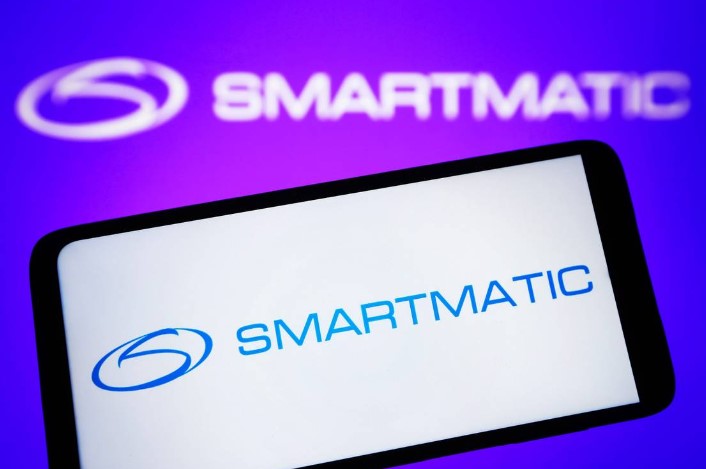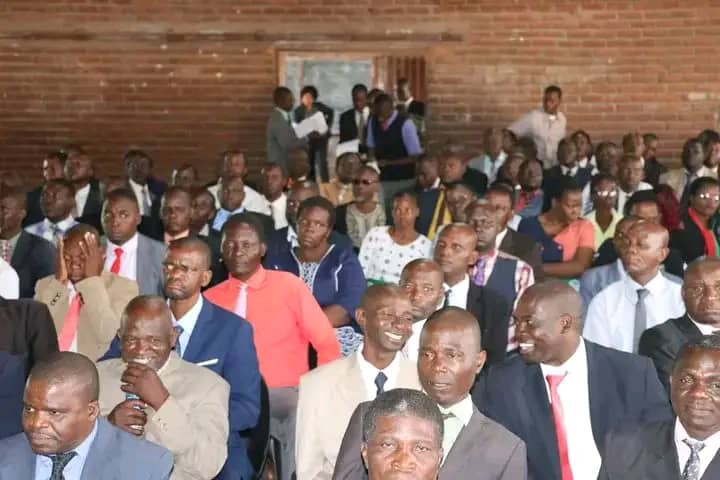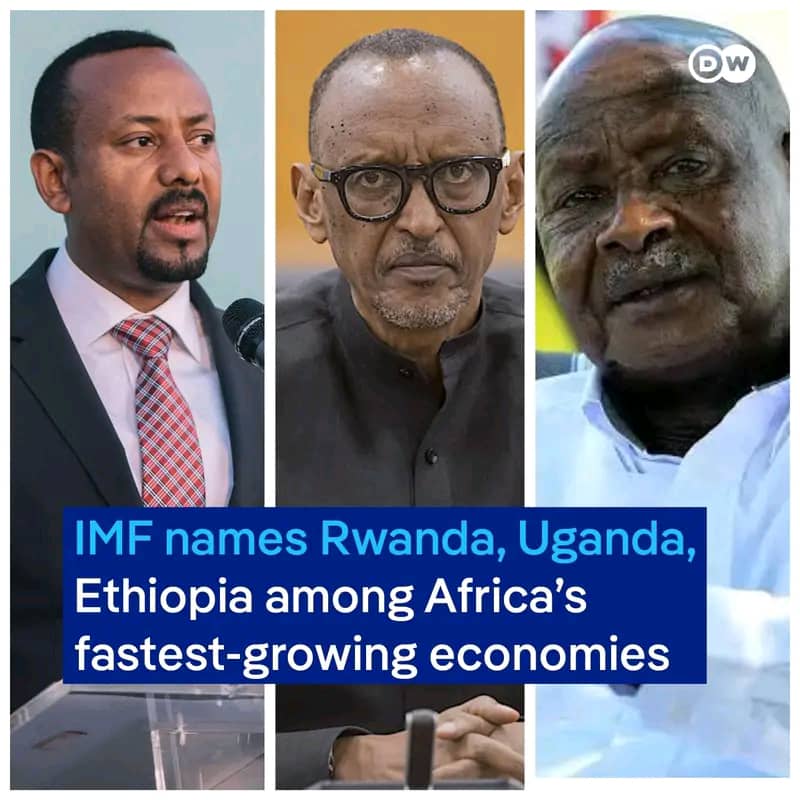By Burnett Munthali
It is true that opposition stakeholders initially agreed to the procurement of advanced electoral technology for the 2025 elections.
However, just like when buying something online, it is wise to first examine reviews—both positive and negative—before making a final decision.
Consensus, while important, is not a license for blind trust. Sometimes, it is necessary to step back and reassess the situation. We should not proceed with major changes just because there is agreement. Wisdom demands that we thoroughly evaluate the consequences.
In 2019, the Malawi Electoral Commission (MEC) adopted a range of methods to ensure that the presidential elections were free, fair, and credible. Mobile phones were effectively used to support MEC’s operations, including scanning and transmitting results.
MEC Commissioners themselves testified to the usefulness of this approach. The election process from 2019 to 2020 was hailed as a benchmark of integrity, especially following the court-ordered fresh elections.
As the American saying goes: “If it ain’t broke, don’t fix it.”
So the question arises: What exactly is broken in Malawi’s electoral system that now warrants such a dramatic shift?
Why can’t MEC simply use its own scanners and continue working with trusted local providers like TNM and Airtel, who served the country well in the past?
It’s worth noting that the Alliance-led government has replaced much of the institutional memory at MEC, thereby risking the loss of valuable electoral expertise.
The critical question remains:
Will Smartmatic actually improve the 2025 elections in terms of logistics, monitoring, and results transmission?
When purchasing any expensive and sensitive technology, due diligence is not optional—it’s essential.
Malawi is one of the poorest nations in the world. Why are we rushing to adopt a system that includes an electronic results management system and fingerprint verification machines, which even some developed countries are reluctant to fully implement?
Did stakeholders agree that the decision to adopt Smartmatic is irreversible?
In real life, even those who marry sometimes later divorce. That is to say, decisions—even unanimous ones—can be reconsidered if better judgment emerges.
The 2019–2020 system worked well and could have been used again with minor improvements.
Another alarming fact: Smartmatic does not have a physical presence in Malawi.
That alone should raise serious concerns about the potential for remote manipulation of results.
Even developed countries like the United Kingdom still rely on manual voting. On May 1, 2025, during the UK’s council elections, no electronic results management system was used. Voters simply presented their IDs, received paper ballots, and cast their votes.
So why is Malawi—plagued by higher illiteracy, poor network coverage, and frequent blackouts—rushing headlong into a complicated and untested electronic results management system backed by fingerprint verification machines?
If MEC were serious about going digital, the system should have been tested during by-elections first.
Only after proving its reliability should it have been considered for national rollout. That approach would have helped build public trust and confidence in the system.
Instead, what we are witnessing is a reckless rush—arguably driven by corrupt motives—rather than democratic responsibility.
Smartmatic is not just for transmitting results. It also introduces biometric verification, such as fingerprint scanning.
This is a major leap for a country still struggling with basic internet connectivity and a stable power supply.
We must remember that in 2019, Malawi made history by using independent auditors to oversee the electoral process. That level of transparency boosted public confidence.
So why discard a transparent and functional system in favor of a foreign one shrouded in opacity?
One Malawian who recently voted in the UK testified to the simplicity and reliability of manual voting.
Given our logistical limitations, why should Malawi adopt a complex electronic results management system and fingerprint verification machines that our own people barely understand?
We deal daily with slow internet speeds, frequent blackouts, and limited infrastructure. Yet MEC seems oblivious to these realities.
Even countries with fast internet, consistent power supply, and high literacy levels remain cautious about adopting electronic results management systems.
Moreover, our current voter register is still not watertight. There are duplications and errors, which become even more dangerous under a digital system.
Before introducing Smartmatic, MEC should first clean the voter roll—remove duplicates, verify photos, and ensure all records are accurate.
Independent auditors must inspect the system before it is deployed. Transparency must be the starting point, not an afterthought.
It is deeply troubling that some MEC commissioners appear to treat the 2025 elections as a personal project. That should never be the case.
The elections belong to the Malawian people, and their integrity must be beyond reproach.
Smartmatic, at the end of the day, is a business—not a guardian of democracy. Like many companies, its priority is profit, not national interest.
There are many examples of digital election technology failures around the world.
In Kenya, Smartmatic was used during the 2007 elections—an election that ended in violence and controversy. Why would Malawi repeat that mistake?
Electoral change must be gradual, tested, and locally embraced.
New systems such as fingerprint verification machines and electronic results management systems should be piloted in by-elections before being applied nationally.
The MEC Chairperson must exercise logic and caution. She must understand that Malawi’s data systems are not yet ready for a full digital transition.
Even the ongoing voter verification process has revealed troubling signs.
In some centers, only 15 people showed up out of thousands of registered voters.
This raises serious concerns:
Do Malawians fully understand the verification and biometric systems being introduced?
The few days allocated for verification were clearly inadequate.
Even if MEC had allocated an entire month, many Malawians would still not show up. People are too busy struggling to feed their families to prioritize new, complicated systems they don’t understand.
Fingerprint controversy
Many voters were shocked to learn that MEC was collecting fingerprints during the registration process.
They were confused because fingerprinting has never been part of the traditional voting process.
After these concerns were raised, a MEC official clarified—only after being consulted—that fingerprinting was not mandatory.
But this raises further questions:
What happens to those whose fingerprints were collected versus those who declined?
Was this fingerprinting requirement introduced officially or quietly during the process?
Why wasn’t the public properly informed beforehand?
These are not minor concerns. They point to deeper issues of transparency and communication.
In conclusion:
Malawi must rethink this rushed transition to fingerprint verification machines and electronic results management systems.
If the system used in 2019 and 2020 worked, it should be improved—not discarded.
The future of Malawi’s democracy is too precious to gamble on untested machines and foreign technologies.
Let reason, caution, and national interest guide our decisions—before it is too late.




